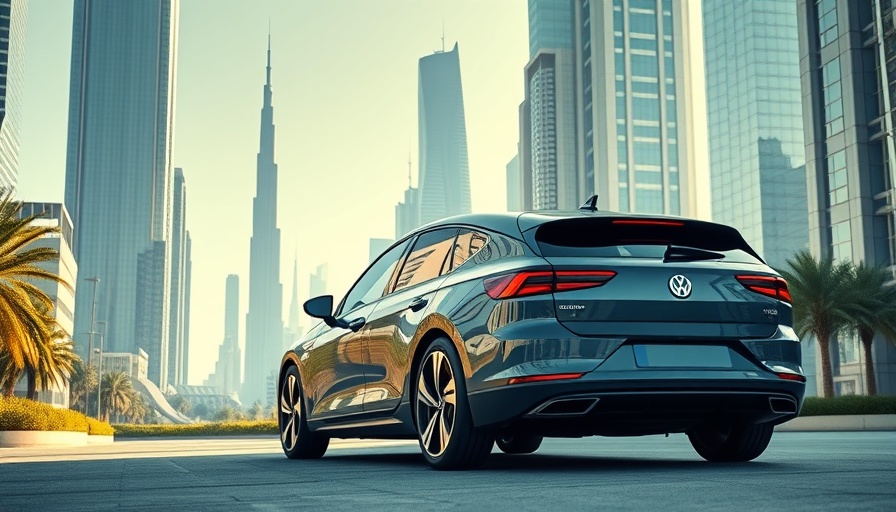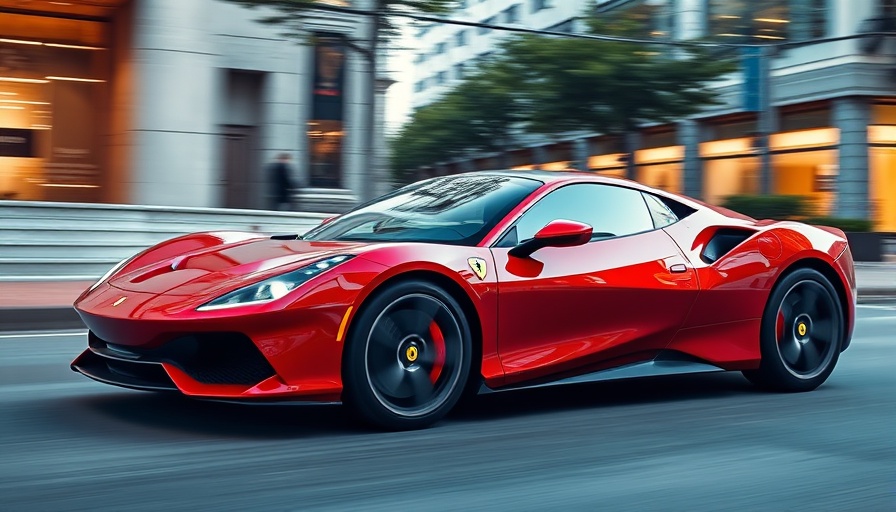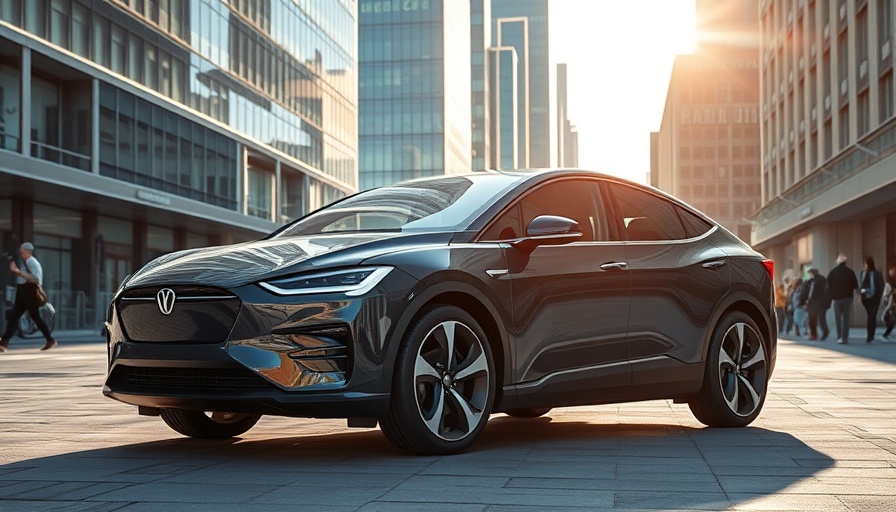
Volkswagen's Shift: A Return to Traditional Naming Conventions
Volkswagen has announced a significant change in its approach to naming future electric vehicles (EVs). After years of using alphanumeric codes and abstract names like ID.3 and ID.4, the automotive giant is opting for more conventional names reminiscent of its classic models. This shift reflects a broader trend within the industry as manufacturers aspire to connect emotional storytelling with automotive branding.
Why Traditional Names Matter
At first glance, the idea of reverting to traditional names for EVs might seem like a mere marketing strategy. However, this move addresses a deeper issue regarding consumer connection and brand identity. By resurrecting iconic names, Volkswagen aims to tap into nostalgia and forge stronger emotional links between consumers and their vehicles.
“Having familiar names allows customers to relate better to electric models, enhancing brand recognition,” says a Volkswagen representative, emphasizing that these names evoke feelings and nostalgia associated with popular models like the Beetle and Golf. This emotional connection is crucial in an era where consumers are overwhelmed by options and seeking brands they trust.
The Broader Context in Automotive Naming Trends
The shift to familiar names is part of a larger movement observed across the automotive landscape. As competition heats up in the EV sector, manufacturers are exploring various strategies to distinguish themselves. Brands like Ford have successfully tapped into their heritage by incorporating names like Mustang into their electric lines, creating a bridge between traditional consumers and emerging technology.
According to industry experts, “In a market crowded with new entrants and shifting expectations, leveraging established names can provide a sense of assurance and reliability.” This is particularly important in the fast-evolving EV market, where buyers may have concerns around the longevity and practicality of newer brands.
Analyzing the Risks and Rewards
While this move may attract a new demographic, it is not without risks. Relying heavily on established names could deter some tech-savvy consumers looking for innovation and novelty. A balance must be struck between honoring legacy brands and appealing to forward-thinking consumers who prioritize cutting-edge technology over tradition.
Moreover, the future of the automotive industry rests significantly on global environmental regulations. As automakers increasingly focus on sustainability and reducing carbon footprints, the divergence between nostalgic marketing and modern technological standards will play an essential role in their success. Balancing these aspects will be a key challenge for Volkswagen and other manufacturers following suit.
The Future of Electric Vehicles and Consumer Preferences
As electric vehicles continue to gain traction in the automotive market, brands need to stay connected with consumer preferences. The move by Volkswagen might set a precedent that encourages further exploration of emotional branding in the EV sector.
Looking ahead, we can expect other manufacturers to reconsider their naming conventions. The emphasis on creating a strong emotional bond between consumers and vehicles could lead to more brands looking back to their heritage for inspiration. This could ultimately reshape consumer perceptions of EVs as not just high-tech gadgets but as relatable, desirable modes of transportation.
What This Means for Consumers
For consumers, Volkswagen's plan to introduce traditional names for their electric vehicles translates into options that feel more familiar and trusted. As buyers, the increased connection with vehicle names may enhance purchase confidence, making the transition to electric vehicles smoother.
This change also signals that the automotive industry is evolving to meet consumer needs for assurance in technology that often seems complex or intimidating. Volkswagen’s strategy showcases how even in innovation, there is room for sentimentality and the comforts of tradition.
As the automotive landscape continues to evolve, so too do consumer expectations. Brands that can effectively blend heritage and innovation stand to gain the most in this exciting new era.
By understanding these shifts in naming conventions, consumers can make informed choices, keeping an eye on both technology advancements and the emotional narratives woven through automotive branding.
 Add Row
Add Row  Add
Add 




 Add Row
Add Row  Add
Add 

Write A Comment